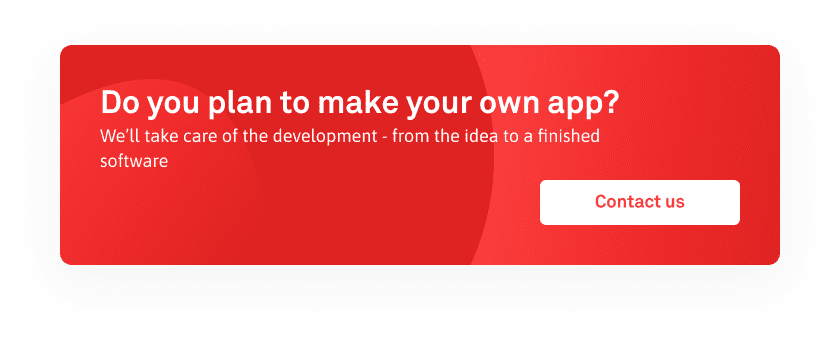With the number of apps currently on the market, standing out through a strong marketing strategy becomes very important to generate a decent ROI. After all, if your target users don’t know that your app exists, it doesn’t matter how much time, effort, and money you spend on building great features for a great app. The most effective marketing strategies start before the product is launched and continue far past the date it hit the market. Let’s take a look at the stages of app marketing.
1. The Awareness Stage
The awareness stage begins before the app is launched, and it is designed to help you build a user base and revenue quickly. It also has an exploratory component, where the marketing strategy is tested in the market for effective messaging. A lot of the work done at this stage is logistical. You build your understanding of the market, users, competition, and you set up your website, along with its landing pages, content strategy, and social media accounts. When the campaign’s infrastructure is built up, you can start any ongoing initiatives that you will be using throughout the product’s lifecycle. It’s key to start thinking about how you will market an app before starting to develop it.
2. The Acquisition Stage
Once the product has been launched, it’s time to enter the acquisition stage. There are several ways to do this, and when used in coordination with the previous stage, you can get an initial burst of new users so that your app ranks higher in the App Store search results, further increasing user acquisition. Here you want to use a paid ad strategy, because you will see a direct ROI from it, unlike the methods from the awareness stage, where the results are still measurable, but a bit more intangible. You have to make sure that you will have an ad budget to properly market an app.
3. The Retention Stage
Once your app is on the user’s phone, you want to make sure that it stays there and maximize each user’s value. You can do this by using various techniques, from in-app messages to push notifications, and upselling, reselling, and cross-selling techniques. Some social media platforms such as Facebook even allow you to add hooks in your app, which are triggered whenever a user stops using it. You can then use those hooks to build ads and re-engage someone you might otherwise have lost. When added to your marketing strategy, you can ensure that your app launches successfully and that it is profitable for a long time. It’s important to market an app to new users, but it’s a lot more profitable to keep the existing users by providing a great product or service.
Contact us today and we’ll gladly provide you with a step-by-step guide on how to market your app effectively.
Business vector created by stories – www.freepik.com



